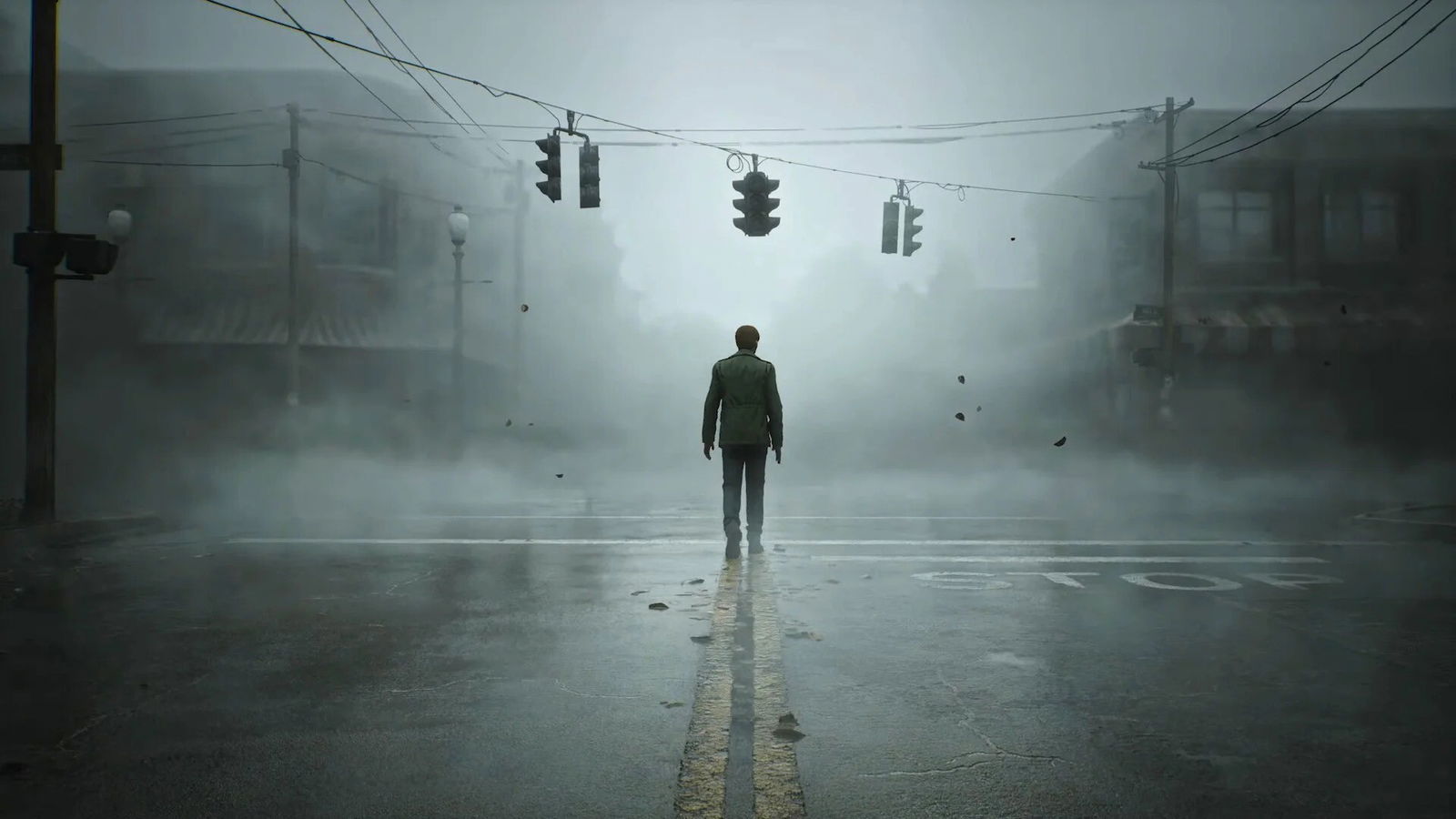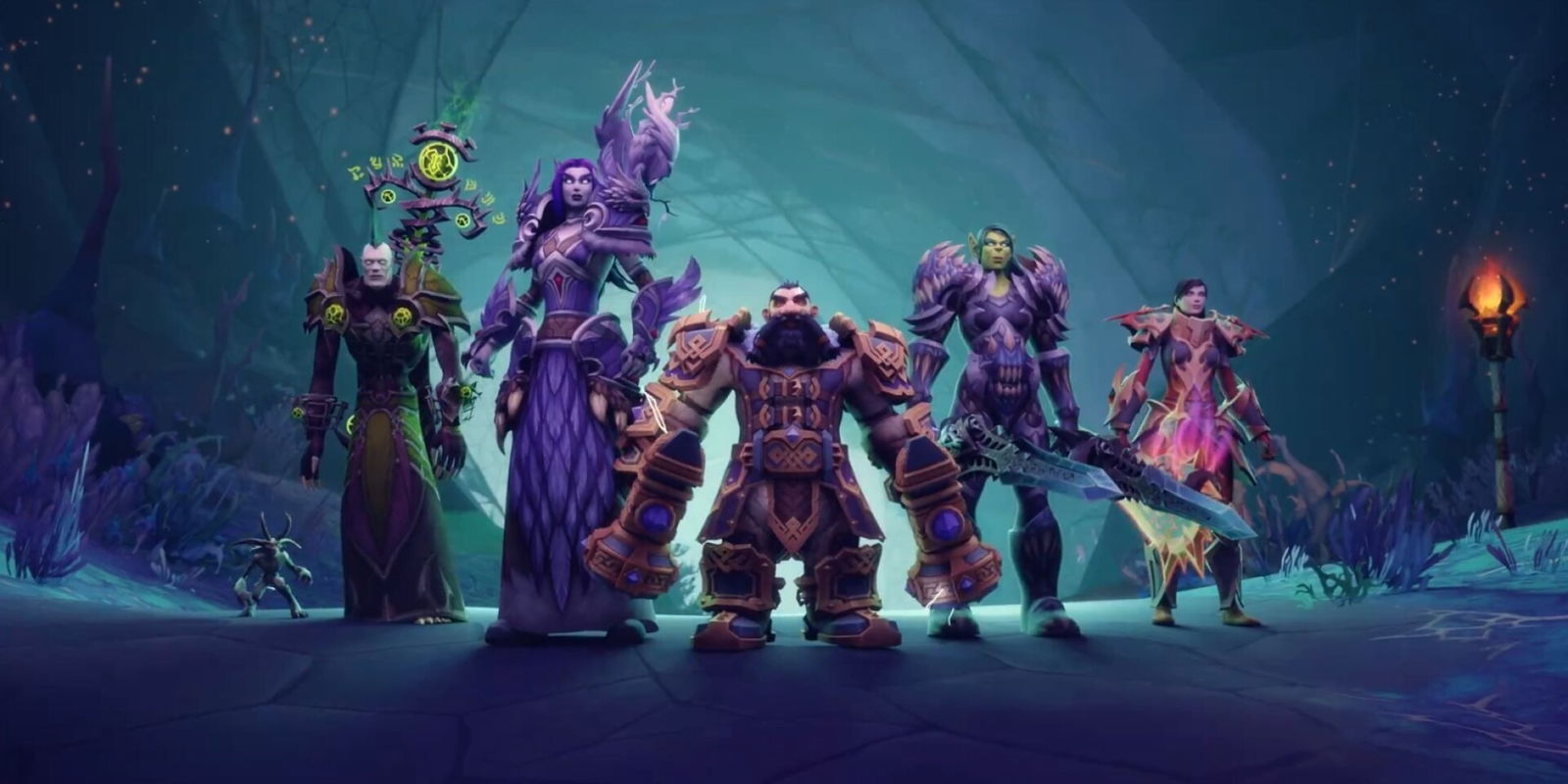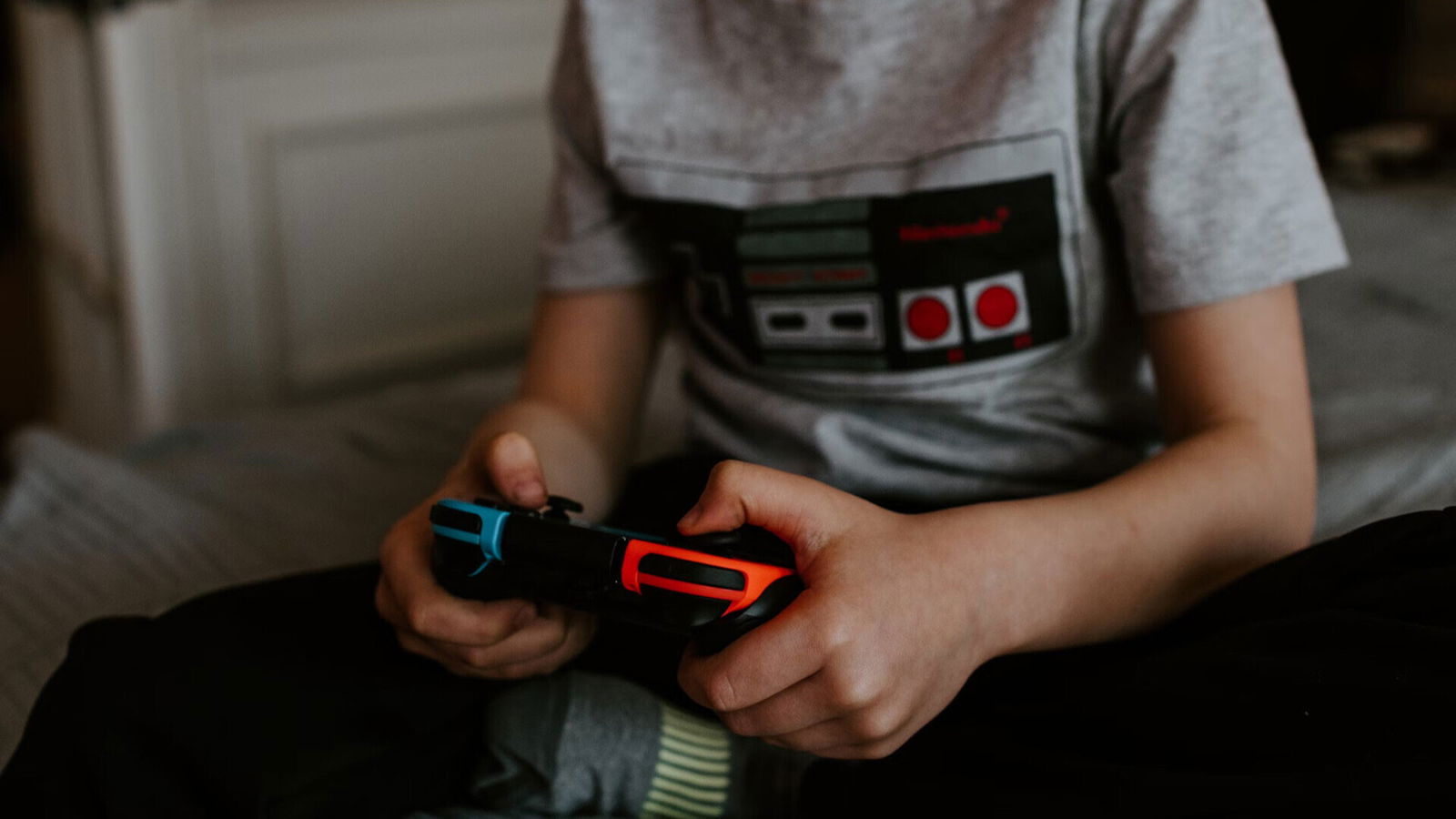As gaming evolves into a mainstream form of entertainment, so does our understanding of its effects on mental health, both good and bad.
For many years, people have talked about and studied the link between computer games and mental health. As video games have grown from a niche hobby to a popular form of fun for people of all ages, the effects they have on mental health have become very important to talk about. Playing video games in moderation can help your mental and physical health in big ways, but too much of it can be bad.
It is important to know both the good and bad things about games in order to make smart choices about how and when to use this medium. Gaming has a lot of different benefits for mental health, whether you do it for fun, to compete, or to relieve stress.
If you’re interested in policies that address the broader societal effects of technology and digital entertainment, you can always read more about it on the Internet. There is a huge amount of useful information from reliable sources.
The Positive Effects of Video Games on Mental Health
There are many psychological benefits to playing video games that can positively impact mental health. One of the most significant perks is their ability to help players relax and manage stress. Getting lost in a different world or engaging in focused activities, like solving puzzles, can provide a mental break from real-life stressors, helping to reduce anxiety and promote relaxation. When used appropriately, this type of escapism can offer players a much-needed respite and improve their overall mental well-being.
Moreover, many video games require players to think critically, solve complex problems, and plan in real-time. This can enhance cognitive skills such as memory, spatial awareness, and logical thinking. Puzzle and role-playing games, for instance, often demand the ability to tackle intricate challenges and adapt to new situations, sharpening the mind and fostering more flexible thinking.

Video games can also be beneficial for social well-being. Multiplayer games and online communities allow people to connect with others who share similar interests, providing a platform to build friendships and improve social skills. This can be especially valuable for those who struggle to make connections in real life, as it offers a space to develop relationships and boost confidence. For individuals dealing with social anxiety or loneliness, the online gaming community can provide a sense of acceptance and camaraderie, contributing positively to their mental health.
The Negative Effects of Video Games on Mental Health
Even though video games have many benefits, they can also negatively impact mental health, especially when played excessively or when players develop an addiction. Addiction is one of the most common issues, where individuals feel compelled to play for extended periods, even at the expense of work, school, or personal relationships. This can create a harmful cycle in which gaming interferes with daily responsibilities and social obligations, leading to stress and anxiety when a healthy balance cannot be maintained.
Another downside of excessive gaming is its potential to disrupt sleep patterns. Many gamers play late into the night, which can interfere with their sleep routines and lead to chronic sleep deprivation. Not getting enough sleep can impair cognitive functions like memory and focus, and it can also affect mood, making individuals more prone to irritability, sadness, or anxiety.
Additionally, some types of games, particularly those with competitive elements or violent content, can provoke negative emotions like anger and frustration. As a result, some players may become more aggressive or irritable, especially if they are already prone to mood swings. While not everyone will experience these effects, it’s important to be aware of how different types of games can influence mental and emotional well-being.
The Role of Video Games in Developing Social Skills
Contrary to the stereotype of the lone gamer, many video games encourage social interaction and teamwork. Team-based shooters and cooperative role-playing games are examples of online multiplayer games where players need to communicate and collaborate to achieve shared goals. This type of gaming can improve communication skills and teach valuable lessons about teamwork, negotiation, and leadership.

Such social interactions in games can be particularly beneficial for kids and teens who struggle to make friends in real life. The mostly anonymous nature of online gaming communities allows players to express themselves more freely and experiment with different social roles and communication styles. However, it’s crucial to ensure that these interactions are positive and supportive. Toxic or negative environments can have the opposite effect, exacerbating issues like social anxiety or low self-esteem.
Conclusion: Navigating the Complex Relationship Between Gaming and Mental Health
The effects of video games on mental health are neither entirely positive nor entirely negative. Like any form of entertainment or technology, video games can be beneficial when used appropriately and harmful when overused or mismanaged. Understanding how different types of games affect mood, cognition, and behavior is crucial for making informed decisions about gaming habits.
By recognizing both the advantages and disadvantages of gaming, players can make conscious choices that enhance their mental well-being. Whether through engaging in cognitive challenges, forming social connections, or simply enjoying a fun and immersive experience, video games can play a positive role in our lives. However, maintaining a balanced approach and being mindful of potential negative effects are essential to ensuring that gaming remains a healthy and enjoyable activity.



